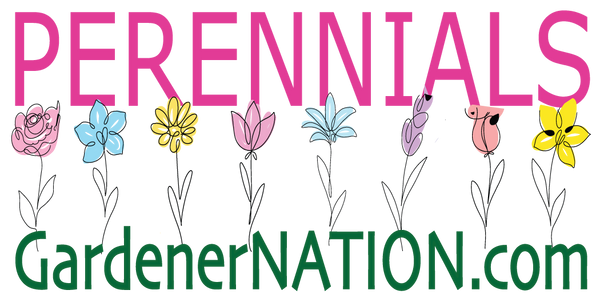
Milkweed matters: Foster monarchs in your garden
Share
Monarchs need you
If there’s one plant that symbolizes hope for the future of pollinators, it’s milkweed. Often misunderstood and historically weeded out of gardens, milkweed (Asclepias spp.) is a native plant with a critical role: it's the only host plant for monarch butterflies. Including milkweed in your garden isn’t just a nod to nature—it’s a vital act of conservation.
🦋 Why Monarchs Need Milkweed
Monarch butterflies (Danaus plexippus) depend on milkweed for survival. It’s the only plant where female monarchs lay their eggs, and it’s the only food source their caterpillars can eat. Without milkweed, monarchs can’t complete their life cycle.
When the caterpillars hatch, they feed exclusively on milkweed leaves, ingesting the plant’s natural toxins. These toxins don’t harm the caterpillars—instead, they make the monarchs unpalatable to predators like birds, giving them a natural defense system that follows them through to adulthood.
🌿 What Makes Milkweed So Special?
Milkweed isn’t a one-trick pollinator pony. Here’s what makes it garden gold:
- Nectar Magnet: Its blooms are rich in nectar and attract a wide variety of pollinators—bees, butterflies, hummingbirds, and even beetles.
- Low Maintenance: Once established, milkweed is drought-tolerant and thrives in poor soils. It doesn’t need coddling to grow strong.
- Stunning Visuals: With fragrant pink, orange, or white blooms and upright stems, milkweed adds natural beauty and texture to perennial borders or wildflower meadows.
- Native Resilience: As a native plant, milkweed is well adapted to local climates and provides authentic habitat support for insects and birds.
🏡 Why You Should Grow It
Across North America, milkweed populations have been declining due to urban development, herbicide use, and agriculture. Monarch populations have followed suit, with steep drops in numbers over the past 30 years.
By growing milkweed in your own yard—even in containers or on a balcony—you become part of a continent-wide effort to restore monarch habitat. One plant at a time, we can rebuild the migratory pathways these butterflies have followed for generations.
🌱 Best Milkweed Varieties for Home Gardens
Not all milkweeds are created equal. Here are three standouts for gardens in Northern climates:
- Common Milkweed (Asclepias syriaca): Tall and fragrant with pale purple-pink flowers. Best for larger gardens or naturalized spaces.
- Swamp Milkweed (Asclepias incarnata): Likes moisture and tolerates clay soils. Its delicate rose-colored flowers are a butterfly favorite.
- Butterfly Weed (Asclepias tuberosa): A compact, bright orange bloomer that thrives in sunny spots with well-drained soil. It’s non-aggressive and perfect for perennial beds.
🧡 A Simple Act with a Big Impact
Adding milkweed to your garden is one of the easiest and most rewarding things you can do to support biodiversity. It's a beacon for monarchs, a feast for pollinators, and a declaration that your space is part of something bigger.
In a world where pollinator habitat is shrinking, your garden can be a safe haven. Grow milkweed. Grow monarchs. Grow hope.
VISIT GARDENER NATION TODAY FOR UNMATCHED CUSTOMER SERVICE:
Say goodbye to endless wandering through crowded nurseries and hello to a relaxing, personalized shopping adventure. 🌸🌼
You will be seated overlooking Ruth Lake and while sipping a refreshing beverage, you will handpick your dream garden from our stunning look-book of locally grown perennials. 🧋📒
Our expert team, will gather your chosen plants while you unwind in style. It's that easy! 😎
🚐 WE DELIVER FOR ORDERS OVER $200:
Place your order over the phone or online.
Over 400 varieties grown from seed on site.
☎️ Landline: 705-724-5050
Hours May 31 - October 13 2025:
- Thursday: 9:00 to 8:00
- Friday: 9:00 to 6:00
- Saturday, Sunday: 9:00 to 4:00
Gardener Nation Perennials:
On Ruth Lake ⛱
494 Swalwell Drive, Powassan, ON
🛒 Please shop local.
